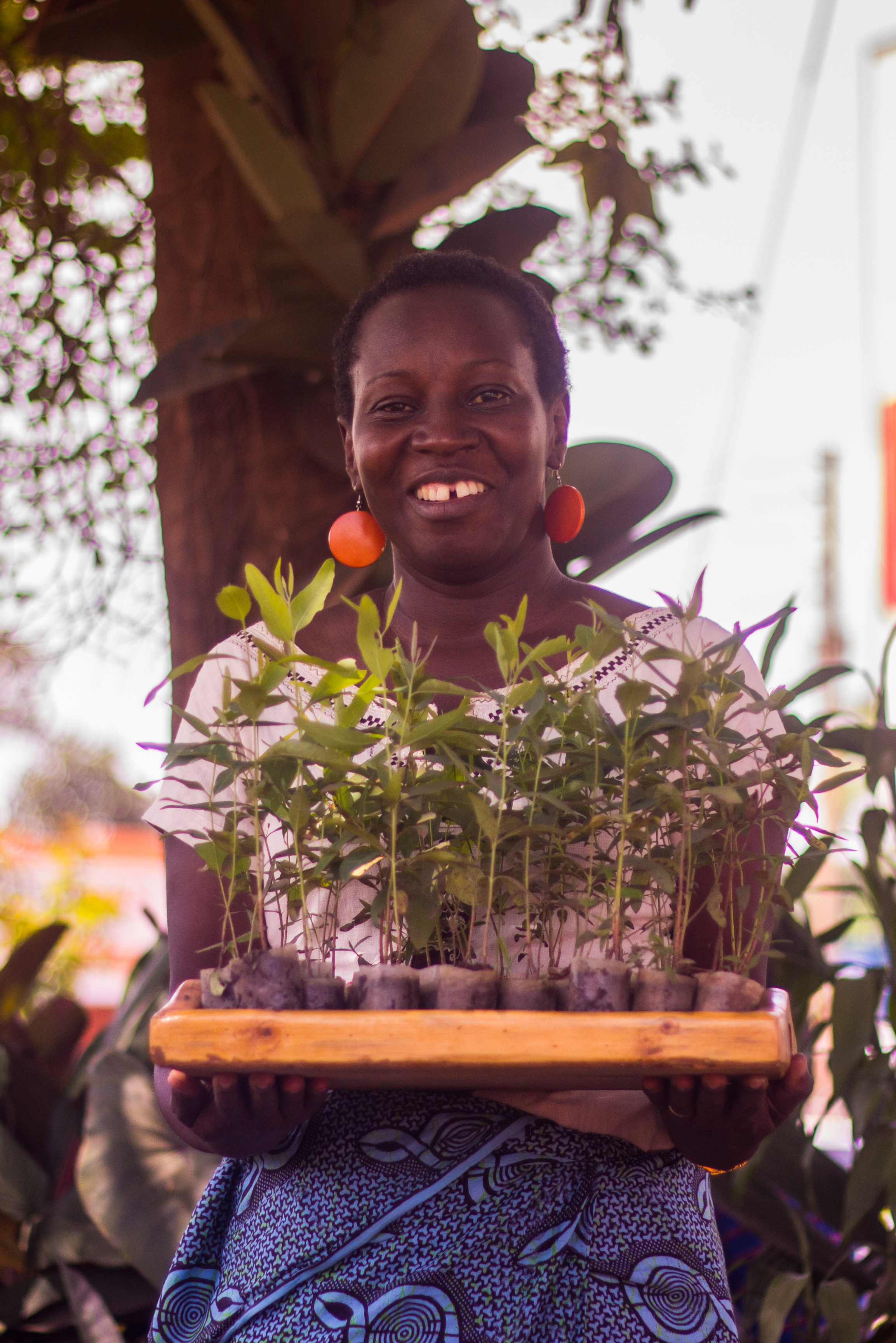We all know that life as an entrepreneurial startup can be tough, but with the right support, training and skills development especially in those early days, achieving business success becomes more of a reality. Work For Life is a focused NGO providing essential entrepreneurial training and support to African entrepreneurs, many of whom are women, just when it is needed most.
LoA spoke to the passionate Sarah Lambie of Work for Life, who is based in Kampala, Uganda, and who oversees operations in Africa, to find out more about this wonderful organisation and its work to support Africa’s startup entrepreneurs.
Tell us what your organisation does.
Work for Life is an NGO that provides entrepreneurial training to people in developing nations. Our core mission is to equip entrepreneurs to launch businesses that create jobs, boost local economies and eliminate poverty. Our African headquarters are located in Kampala, Uganda.
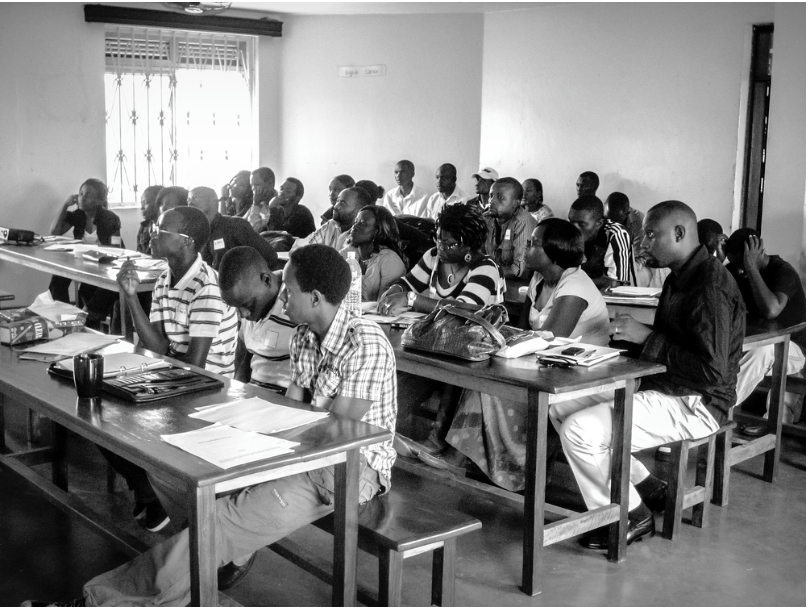
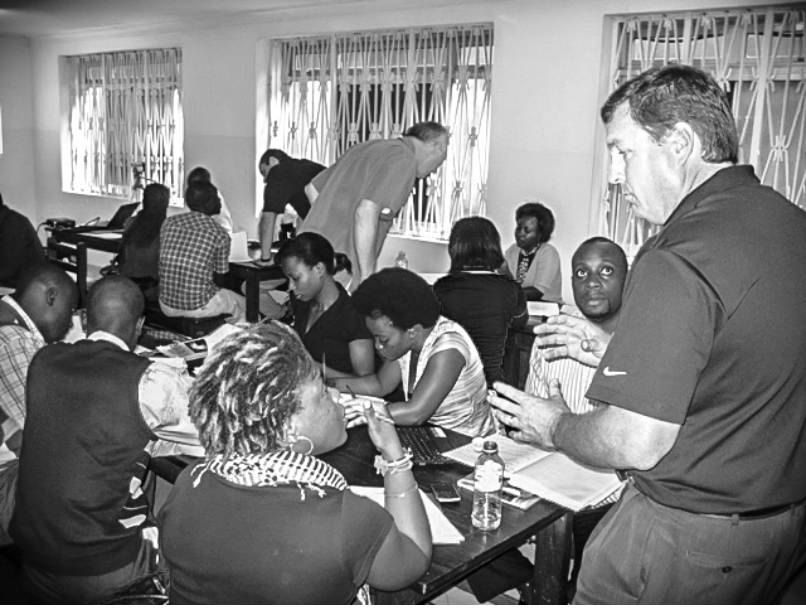
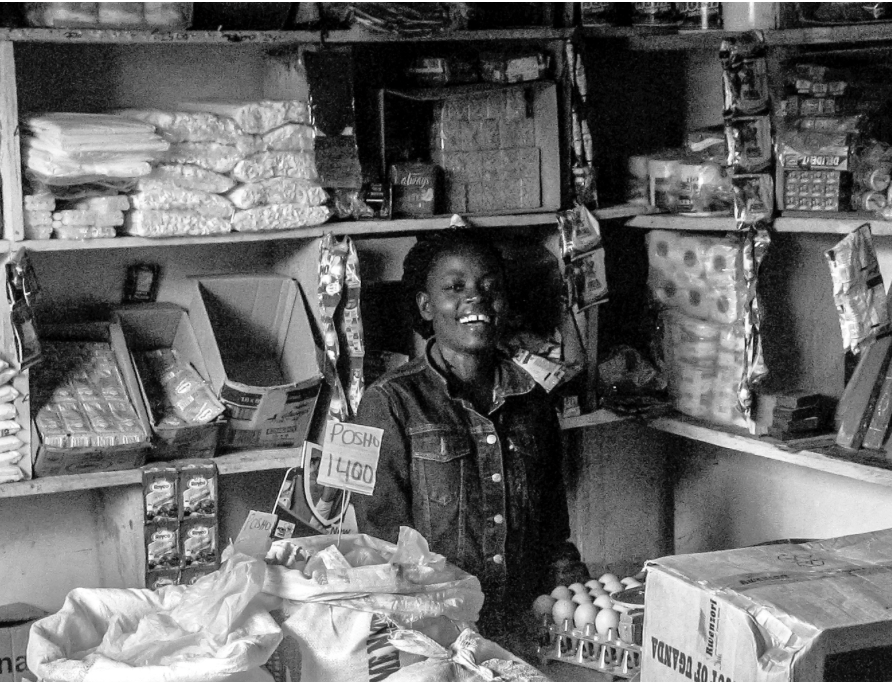
"We’re inspired by the amount of sheer ambition, determination and courage we see in people starting businesses in developing nations."
What inspired you to start your company?
We’re inspired by the amount of sheer ambition, determination and courage we see in people starting businesses in developing nations. Here in Uganda, I’m constantly running into entrepreneurs who own several small businesses, not just one. They may not have a lot of capital to begin with, but they’re extremely determined to improve the conditions of their lives, their families and their communities. We’re also inspired by studies that show that an African nation like Uganda has more entrepreneurs than any other nation in the world. Yet we’re challenged by studies that suggest that Uganda (and other countries with high numbers of start-ups) also have the highest start-up failure rates in the world. That high start-up mortality rate can often be attributed to a lack of innovation, poor planning, and inadequate record keeping -- all things that can easily be addressed and remedied.
Our Entrepreneur Training Program focuses on these things, along with other key components of starting and running a successful business, including: business strategy, sales and marketing, finances, management and leadership, and business skills. By offering an affordable, comprehensive business training course with highly relevant and applicable content, we aim to change the trend so we see higher start-up success rates in communities with strong entrepreneurial spirits.
"Work for Life is also working to make its program available to more women by partnering with women entrepreneur associations and other organizations working to empower women in business."
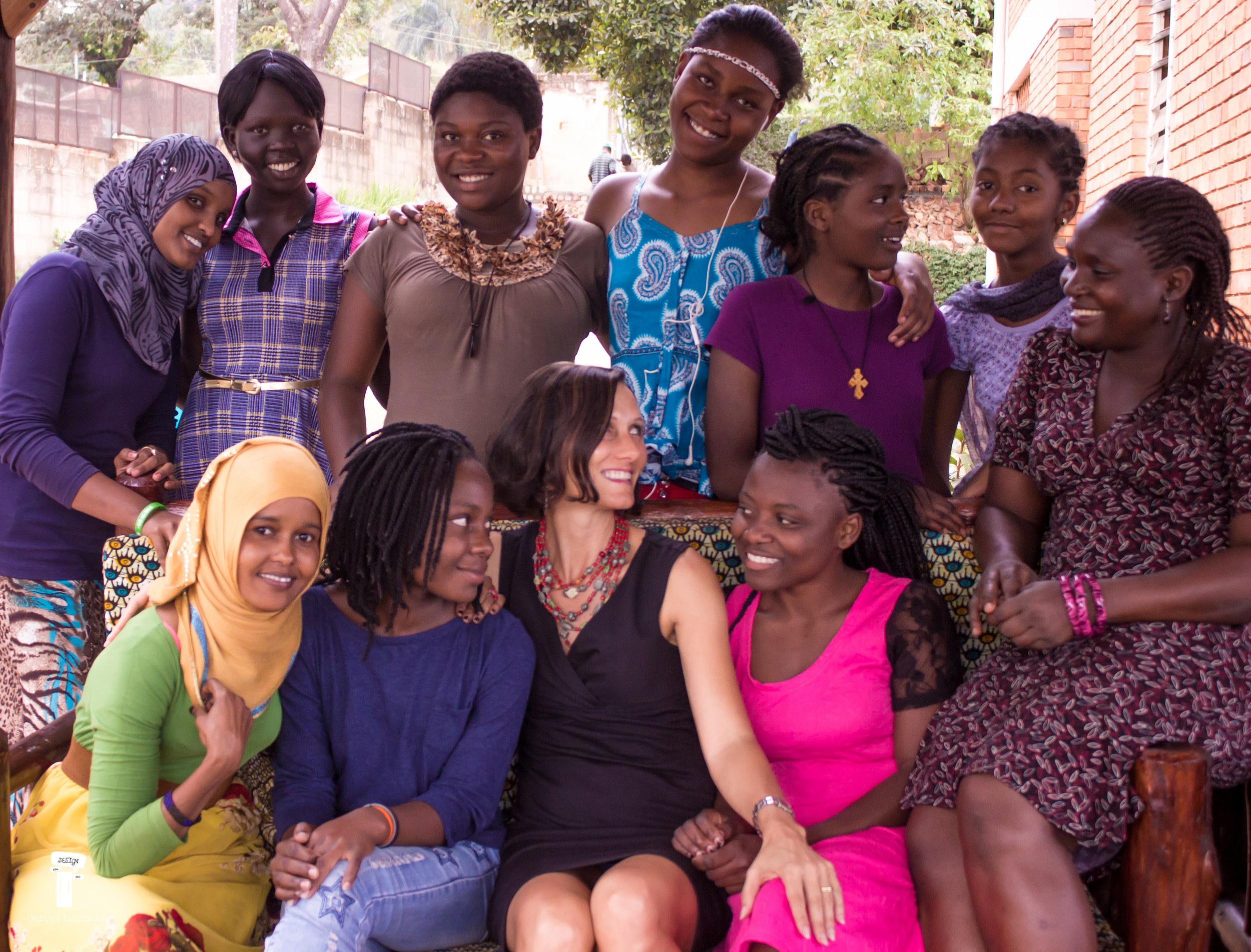


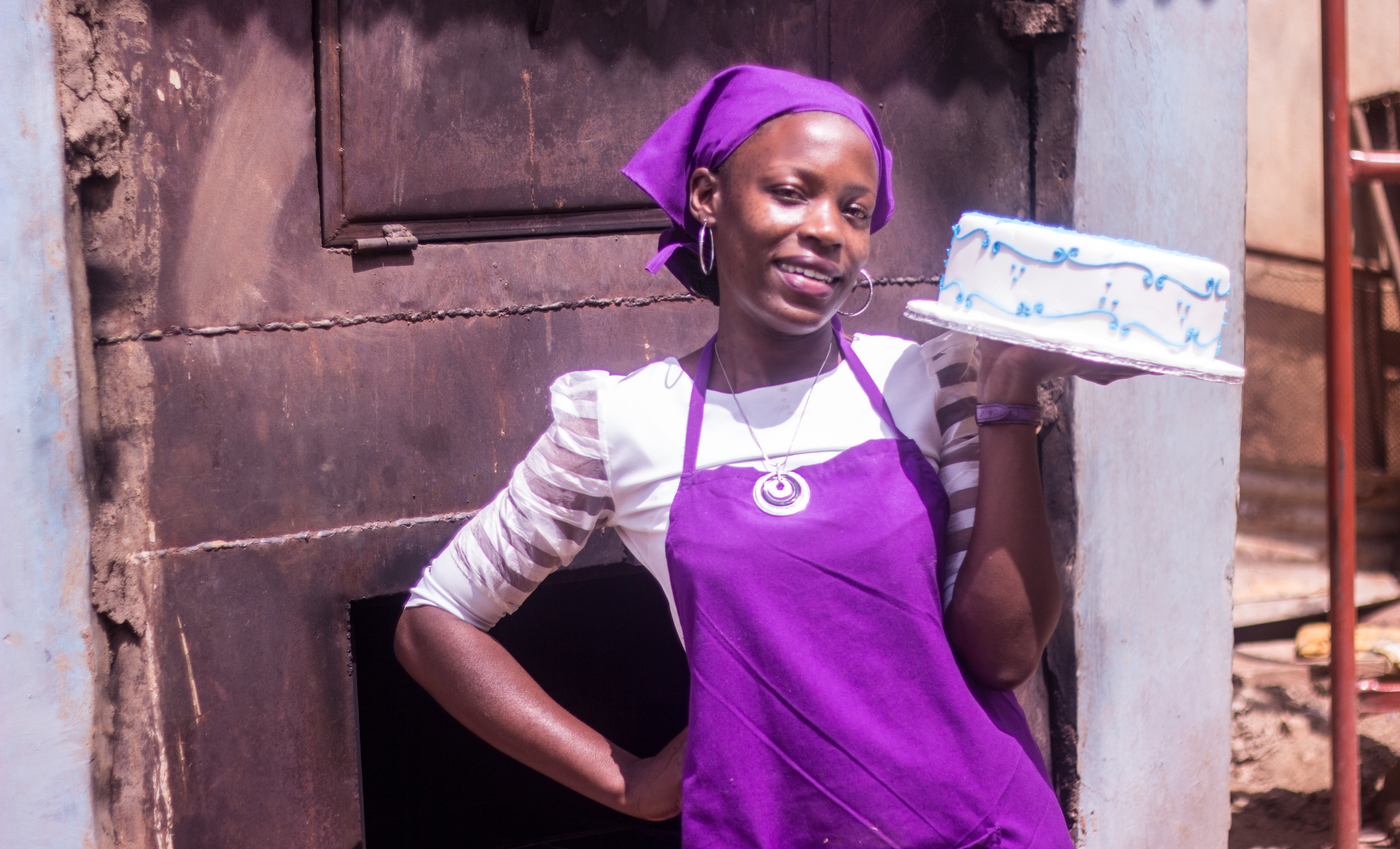
What’s different about your Entrepreneur Training Program?
Our curriculum is highly contextualized to meet the needs of people where they are (i.e. in rural and urban areas, different countries, etc.) and is taught by local, certified trainers who understand the local business environment and the challenges business people face in those areas. Schools, churches and NGOs throughout Uganda and Kenya partner with Work for Life to make our training available to the people they serve because they recognize the value of equipping people to start their own businesses in communities where unemployment rates are high and economies are struggling. Since launching in 2009, we’ve seen people from all walks of life - those with very little education to university graduates, people with no work experience to serial entrepreneurs, and people of all ages - benefit from our training programs. Those students with existing businesses often learn how to operate their businesses more efficiently and are able to increase their productivity and profitability significantly. Those students who are launching a business for the first time complete the course with a firm understanding of the foundational elements of running a viable business. All students finish the course with a copy of our curriculum and a comprehensive business plan (complete with competitive research, sales and marketing strategies and financial projections in place) that provides a step-by-step system for establishing and managing new businesses or enhancing existing businesses. Students who pass our final exam and meet our attendance requirements also earn a Certificate of Entrepreneurship. All students have ongoing access to our trainers, even after finishing the course.
Tell us about some of the women entrepreneurs who have been through your Work for Life programme.
Jane Mukeku and her sister Sandra together own and run a pharmacy business: Sawamed Friends Pharmaceuticals. They both had experience in the medical field. Work for Life assisted them in starting a pharmacy in an area outside of Nairobi, Kenya with a high concentration of people who did not have access to medicine. After working hard to make their first pharmacy profitable, they were able to invest some of the profit to start a second location. Sandra and Jane both play a major role in providing for their families.
Lona Byaruhanga is the owner of Cake House in Kampala, Uganda. She started the business prior to taking our course, but says orders have increased by 50-100% a week since completing the course. She attributes this to expanding her offerings from simply birthday cakes to doing orders for big events, like introductions and weddings.
Doreen Ruta started Green Leaf Enterprises after completing our course in May 2015. She says she unsuccessfully started several businesses before taking our course. During the course she decided to follow her passion, which is tree planting. Now she has a seedling company. She currently has 1,000 seedlings but plans to plant another 1,000 this month. She expects to have 50,000 by the end of the year. The business is in Western Uganda where she's working with schools and women to teach them how to start their own seedling companies, and how to maximize the value of each tree. She's also an environmentalist. In these respects she considers her business a social enterprise.
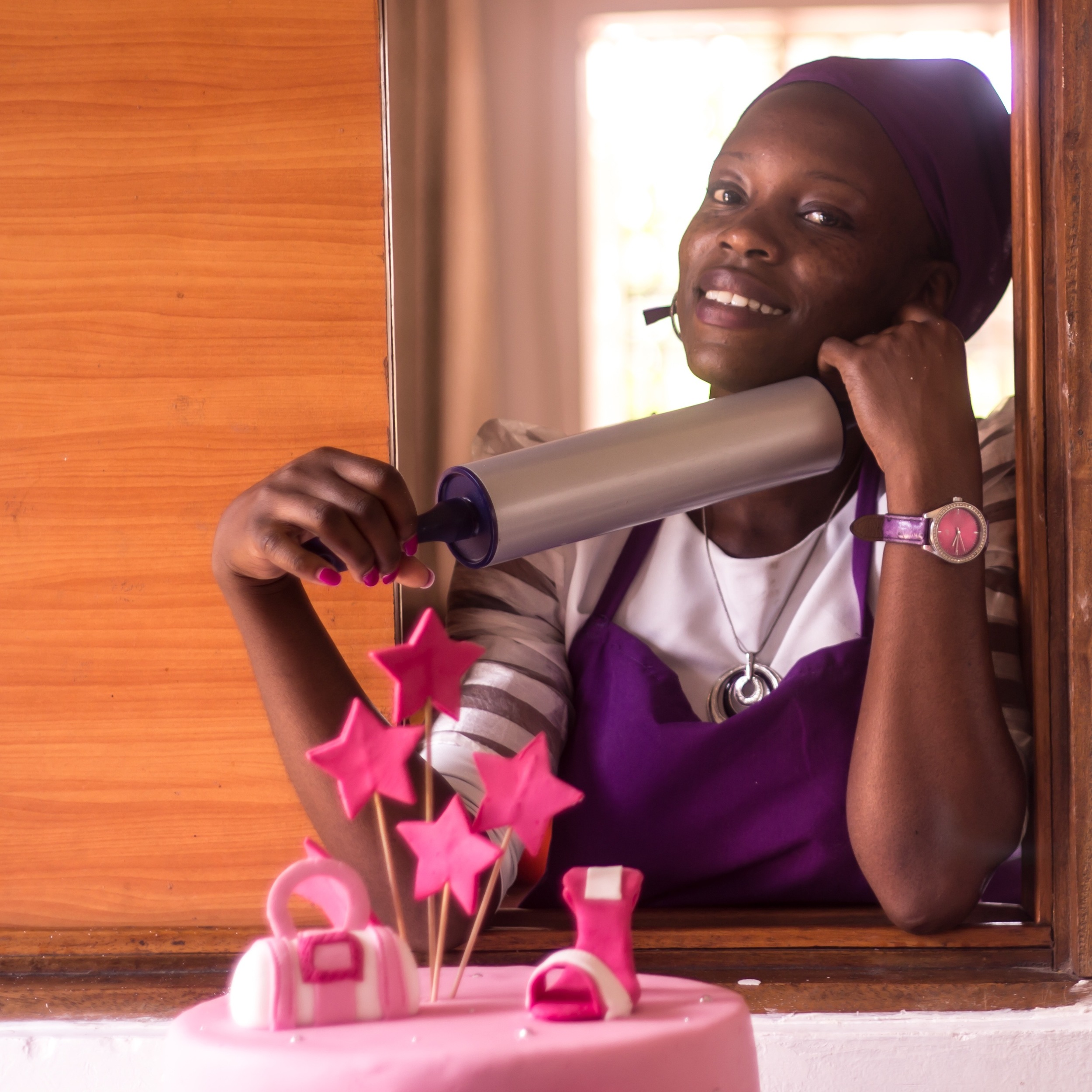
"We find a tremendous amount of satisfaction in equipping people to start businesses because we see the significant impact it has on facilitating self-reliance while strengthening families and communities."
Tell us a little about your team
Work for Life currently has three certified trainers running classes in Kampala, Uganda, one in Jinja, Uganda and another in Kenya (5 in all). All of our trainers come from the areas they're teaching in and have strong backgrounds in business management and as entrepreneurs. The organization was founded by a group of business leaders in Austin, TX, USA, who had an interest in using business to help improve the lives of people living in poverty. I personally am based in Kampala, Uganda, and I oversee operations in Africa.
We also have a number of partner organizations we work with. In Uganda, our partners include: Refuge and Hope International, the African Children's Choir (our program is offered to their sponsor alumni and students graduating from University), Cornerstone Development (again, our program is offered to their alumni and students graduating from University) Calvary Chapel in Kampala, African Renewal Ministries in Kampala, and Light the World Church in Nansana. We are also about to launch courses with partners in Jinja, Uganda.
Share a little about your entrepreneurial journey
Getting the Work for Life program operating in its current format here in Uganda did feel a bit like an entrepreneurial journey. Our clients are our location partners (the NGOs, churches and schools who implement our program.) We had to establish trust and credibility to secure partnerships with well-established organizations. Fees had to be negotiated. Terms had to be agreed to. There was a bit of a learning curve and we're constantly going back to the drawing board to refine and tweak our business plan and curriculum. By really investing in our partners, and by having an incredibly strong team of local trainers on the ground, we've managed to train and certify about 180 students in 2015 alone. That number will be closer to 300 by the end of the year.
On a personal level, I am a marketing and communications specialist who, prior to coming on board to serve as Work for Life’s program manager, owned and ran a small Marcomms consultancy working primarily with NGOs throughout Africa. Prior to my work in Africa (which started in 2010) I ran a Marcomms consultancy in the U.S., where most of my clients were in the tech industry. The organization’s founder, Robert Beasley, is the founder and CEO of ThisQuarter, a business strategy consulting firm. He is responsible for the strategic direction of Work for Life. Through his consulting firm, he has assisted us and international companies in the areas of market assessment, strategy development, partner strategies and sales force optimization.
"Focus on innovation...not necessarily in terms of technology but in terms of how you can make your company, service or product stand out above the rest."
What are your future plans and aspirations for your company?
Work for Life is planning to expand into other African countries, including Rwanda, Zambia and South Africa, as well as India, Haiti and Brazil. The organization is also working to make its program available to more women by partnering with women entrepreneur associations and other organizations working to empower women in business.
What gives you the most satisfaction being an entrepreneur?
We find a tremendous amount of satisfaction in equipping people to start businesses because we see the significant impact it has on facilitating self-reliance while strengthening families and communities.
#EntrepreneurAdvice: "when you reinvest revenue back into your business, you’re strengthening and growing your business"
- Sarah Lambie @iWorkforLife
What's the biggest piece of advice you can give to other women looking to start-up?
Focus on innovation...not necessarily in terms of technology but in terms of how you can make your company, service or product stand out above the rest. It doesn’t have to be the best, the least expensive, or have the greatest packaging to be the preferred brand. It simply needs to be unique in a way that brings more value than the competitors to your target market. It may be in the way you position your product, the quality of customer care you offer, a commitment to social responsibility or by demonstrating a strong work ethic.
Also, plan, plan, plan. Make sure you’ve put a strong and sound business plan together. Allow others to poke holes in it, and then go back and plan some more. Most businesses that fail do so because of a lack of planning. You can easily avoid that by putting time and effort into developing a solid business plan.
Finally, learn everything you can about your business’ finances and record keeping. There is a heavy expectation on women to send a good portion of their wages to family members in the village. Striking a balance between taking care of extended family members and taking care of your business can be difficult. But remember: when you reinvest revenue back into your business, you’re strengthening and growing your business (and creating more job opportunities) which in turn enhances your ability to strengthen your community and the way you’re able to support your family.
Contact or follow Sarah and Work For Life
WEBSITE | FACEBOOK | TWITTER | EMAIL sarah@iworkforlife.com
Why LoA loves it….
In a country like Uganda, which has such an entrepreneurial culture but predominantly at a micro level, organisations like Work For Life are making a huge difference in providing the key skills and ingredients for success for these entrepreneurs. As a result, more and more aspirant women entrepreneurs in the country are now feeling empowered to start on their own entrepreneurial journeys and realise their dreams and ambitions. --- Melanie Hawken, founder and editor-in-chief of Lionesses of Africa





